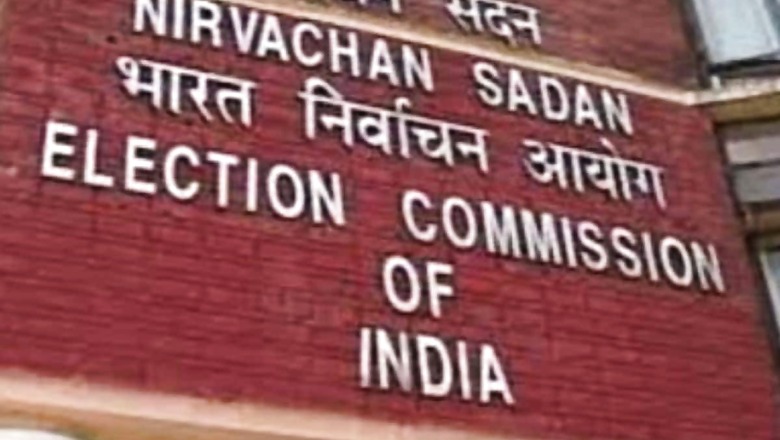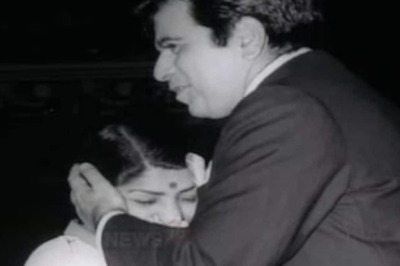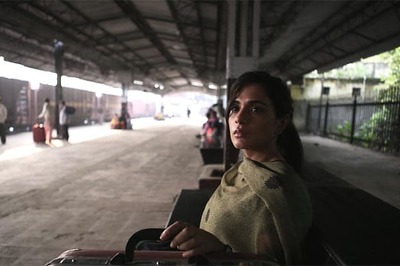
views
The Election Commission of India (ECI) has recently submitted before the Allahabad High Court that it has no jurisdiction to restrict political parties from convening rallies on caste lines during the non-election period.
“The plenary powers enjoyed by the Answering Respondent (ECI) under Article 324 of the Constitution is only with respect to conduct of elections…the Model Code of Conduct is applicable only during the period of election…The provision of the Model Code of Conduct cannot be invoked outside this period,” the ECI stated in the counter affidavit in a plea filed against rallies based on caste/religion by political parties.
The ECI filed the counter affidavit on February 16 through the Joint Chief Electoral Officer in Uttar Pradesh in a Public Interest Litigation (PIL) filed by Advocate Moti Lal Yadav in 2013.
In his plea, Yadav had stated that the ECI, which has been empowered and assigned the duty of framing rules in order to ensure fair elections, had failed to carry out the mandate of law, therefore, it may be directed to frame rules for controlling the political parties from influencing the voters on the basis of caste and religion.
In reply to the plea, the ECI has submitted that prayers made in the plea against the ECI are misconceived and legally untenable.
Regarding Yadav’s prayer that ECI be directed to cancel the registration of political parties which are found guilty of organising rallies on the basis of caste/religion, the ECI has replied that though it has been vested with the power to register political parties under Section 29A of the Representation of the People Act, 1951, there is no provision under Law for review or cancellation of such registration except on the limited grounds mentioned in the judgment of the Apex Court tabled in 2013 in case of Indian National Congress Institute of Social Welfare & Others.
Though the PIL was filed in 2013, in November last year, a bench of then Chief Justice Rajesh Bindal and Justice Jaspreet Singh had issued fresh notices to the Chief Election Commissioner of India and the four major political parties in Uttar Pradesh in the matter. The court had noted then that the paper book showed that no one had appeared for respondents after 2013.
Read all the Latest India News here


















Comments
0 comment